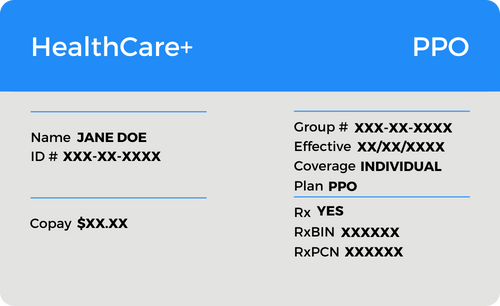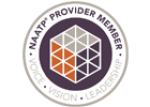Treatment for addiction to cocaine or methamphetamine is available through a few different methods. Whatever the method a person chooses to receive help, the most important part of recovery from addiction is the creation of a support network. Oftentimes, the best way to gain support, repair bridges with family members, and build a community is through a treatment program at a recovery center.
Treatment Options
Options for an addiction treatment center vary depending on the severity of the addiction. Some treatment centers are more equipped to handle detoxification, while some will be more focused on improving mental and emotional health alongside addiction recovery support.
Regardless of the type of treatment, each level of care should include these basic program features:
- Addiction counseling
- Group and individual therapy
- Family involvement
- Evidence-based therapy modalities
- Individualized treatment
- Life skills and coping skills training
- Group and peer support
Programs with these features are well-rounded and include mental, emotional, holistic, and social treatment that can help the whole person to recover and stay recovered.





